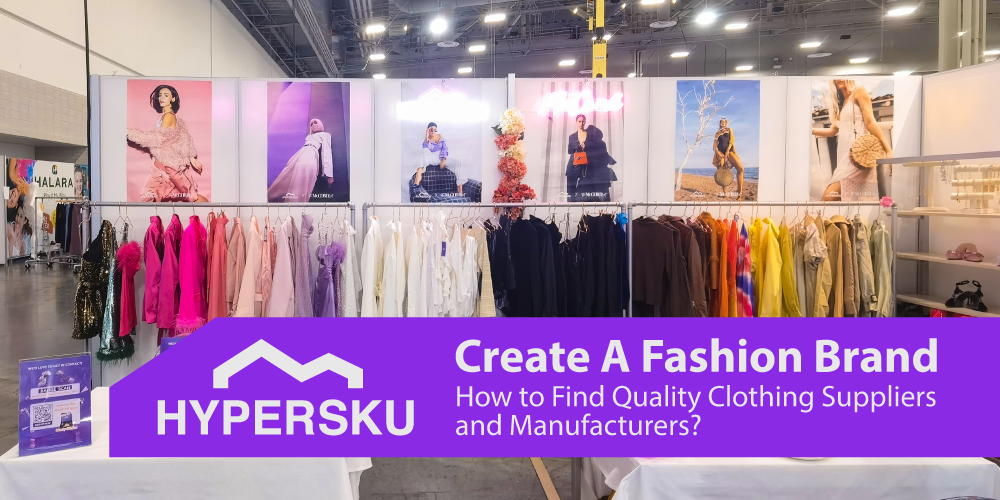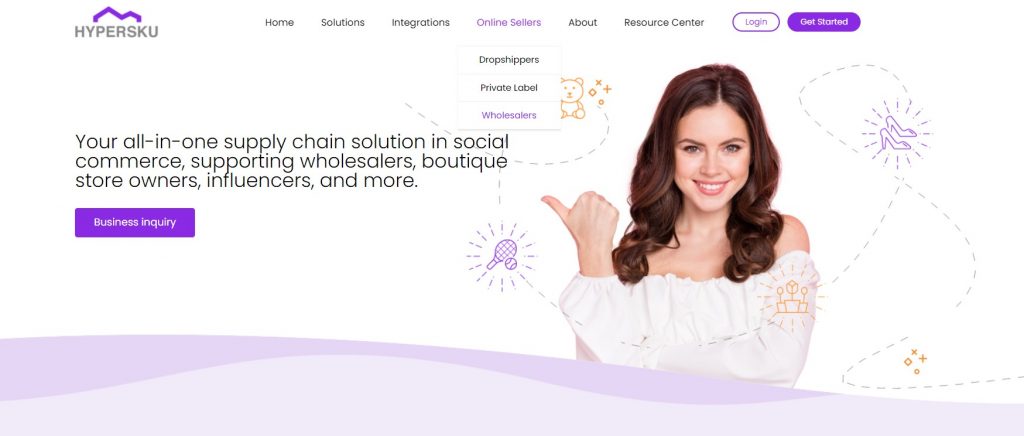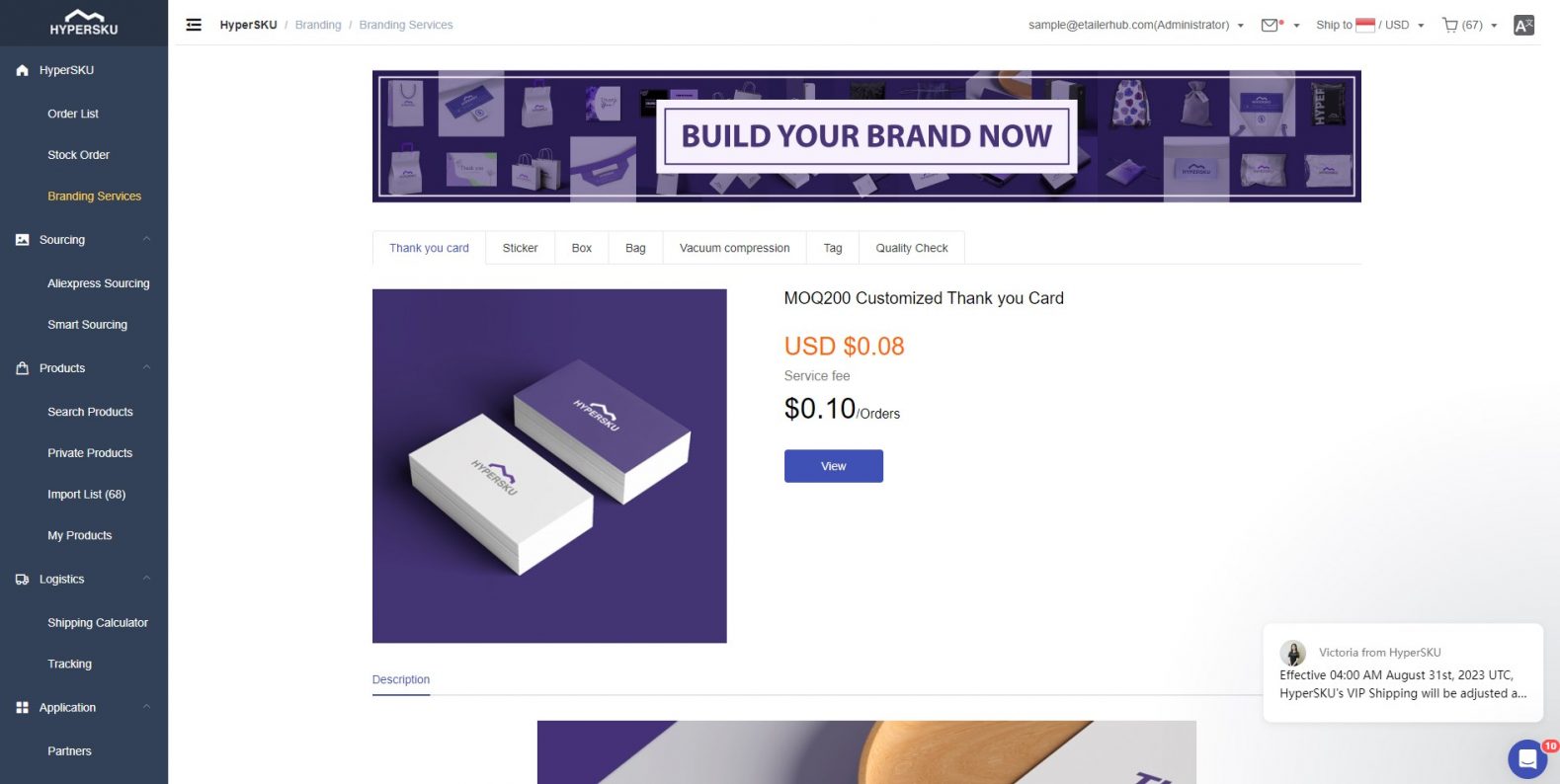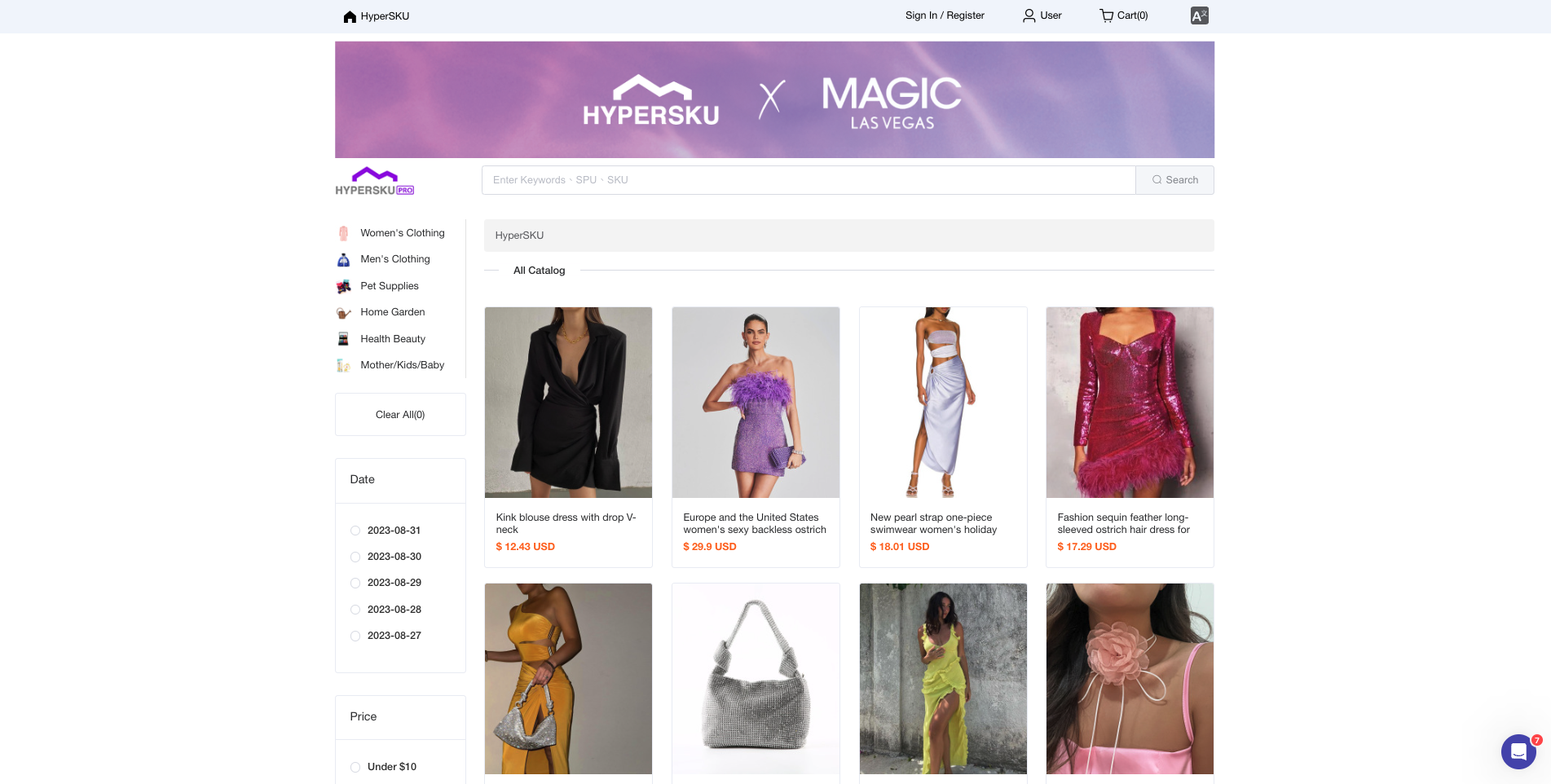To carve a niche in the fashion industry or establish a successful clothing brand, it’s crucial to align with a reliable clothing supplier. The right partnership ensures product quality, which is foundational to brand trust and reputation.
The global apparel market, which stood at 1.53 trillion US dollars in 2022, is projected to touch 1.7 trillion by 2023. In the ever-evolving world of fashion, apparel gracefully walks the tightrope between a basic necessity and an epitome of luxury. From everyday wear like socks and underwear to the dazzling outfits reserved for special occasions, the spectrum is vast. Recognizing the immense potential, many entrepreneurs venture into this lucrative market. Additionally, Statista forecasts that the global fashion e-commerce market will be valued at over 820 billion U.S. dollars in 2023. By 2027, this figure is projected to surpass 1.2 trillion U.S. dollars, showcasing the undeniable appeal of the industry. However, the cornerstone to unlocking this potential lies in selecting the right supplier.
This article delves into the nuanced journey of establishing a thriving fashion brand. A significant emphasis will be laid on the pivotal role of sourcing top-tier apparel and reliable clothing suppliers.
Blueprint for Launching a Successful Fashion Brand
a. Market Research – The Foundation of Every Fashion Brand
b. Constructing a Profitable Business Framework
Manufacturing Your Clothing Line: How to find quality clothing suppliers and manufacturers?
- The majority of top-tier clothing manufacturers are based in China.
- They possess the capability to produce a wide range of products.
- Premium manufacturers often demand high Minimum Order Quantities (MOQs).
- Shipping costs continue to rise.
- There’s a risk of receiving defective products.
Criteria for Selecting an Exceptional Supplier
Discovering Trustworthy Wholesale Suppliers
A. Attend Trade Shows and Exhibitions
Trade shows and exhibitions are excellent platforms to connect with fashion clothing suppliers. Attend relevant events in your industry to explore a wide range of suppliers, network with industry professionals, and discover new trends and designs.
B. Online Wholesale Platforms
For many business owners, online platforms are the go-to sources for wholesale clothing.
C. Directories
Local and Online directories dedicated to fashion industry sourcing can provide a wealth of information and connections. Websites like Dealar, Alibaba, Thomasnet, and FashionGo are popular platforms where you can search for fashion clothing suppliers based on specific criteria.
D. Social Media
Social media platforms, such as Instagram and LinkedIn, can be powerful tools to connect with fashion clothing suppliers. Follow industry influencers, join relevant groups, and actively engage with the community to discover potential suppliers and gain insights into their reputations.
Highlighting a Few Online Marketplaces:
Alibaba
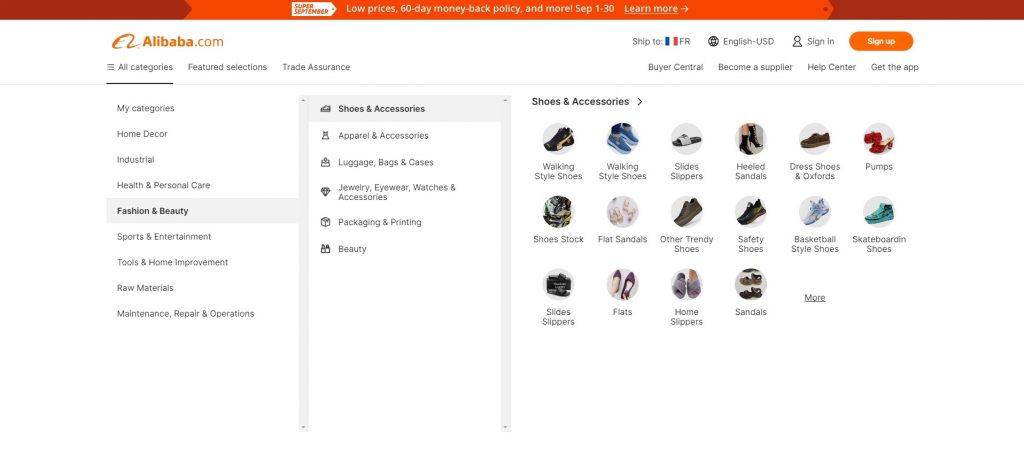
Alibaba.com stands as a global marketplace, designed to bridge suppliers, primarily from China, with B2B buyers across the globe. Facilitating direct negotiations on price and order volumes simplifies international business transactions.
Key highlights:
- Over 5,900 categories
- Access to manufacturers, wholesalers, and retailers from all over the globe. (Mainly from China)
- Affordable pricing
- Free To Use
Cons:
- Shipping might take longer
- Product quality can be inconsistent
- Unable to conduct an onsite visit before making a bulk purchase
- Language barrier when communicating with suppliers
Handshake
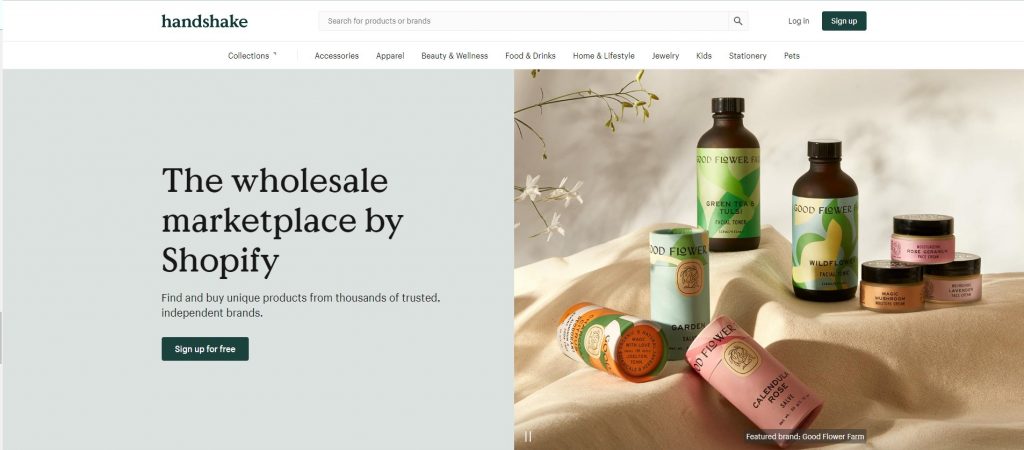
Handshake, powered by Shopify, is a comprehensive wholesale marketplace located in the US. It boasts an eclectic array of products spanning categories like apparel, jewelry, accessories, food & drink, pets, stationary, and more.
What sets Handshake apart is its free accessibility, showcasing an impressive inventory of over 150,000 products. Beyond product variety, Handshake also facilitates direct connections with manufacturers and aids in customer acquisition.
Key highlights:
- Access to retailers and brands across the United States
- A vast selection of over 150,000 products
- Comprehensive marketplace platform
- Free To Sign up
Cons:
- Sourcing prices are relatively high
HyperSKU
HyperSKU connects businesses to over 2,000 verified suppliers and manufacturers in the wholesale and dropshipping industry, serving customers from 186+ countries. The app is available on Shopify and seamlessly integrates with Shopify, WooCommerce, TikTok Shop, Big Commerce, and other e-commerce platforms or marketplaces. Their in-house IT team meticulously develops custom platforms for procurement, operations, and logistics/warehousing, ensuring heightened efficiency while securely safeguarding your data, free from third-party interferences.
Currently FREE to use, their platform showcases a diverse selection of top-quality clothing, accessories, pet supplies, home goods, and even high-ticket products. Given HyperSKU’s extensive network of production partners, it emerges as an optimal choice for sourcing apparel, irrespective of your location.
Moreover, they offer services like custom logo printing, private labeling, and dropshipping. Unhindered by stringent minimum order requirements and with an unwavering commitment to operational excellence, HyperSKU firmly establishes itself as an invaluable ally for businesses of all magnitudes.
- Bridging linguistic and cultural barriers
- Low Barrier to Brand Creation
- Upholding Product Quality
- Reliable and Cost-Effective Shipping Solutions
- A Robust System Suited for Every Business Size
Our all-encompassing system(Left photo: User Dashboard) not only automates daily tasks like order uploading, bundle/split orders, and post-sales service but also provides insights into profit margins. It proactively monitors any anomalies, sends out real-time alerts, and accommodates a variety of marketing strategies from bundling and buy-one-get-one to mix-and-match promotions.
Furthermore, in 2023, we introduced the HyperSKU PRO Site(Right Photo: PRO Site), a new fashion-centric product sourcing platform. It’s designed to cater to global fashion buyers, including attendees of renowned tradeshows like MAGIC Las Vegas, boutique store proprietors, and individual creators.
- User Dashboard
- PRO Site – Fashion Focused

